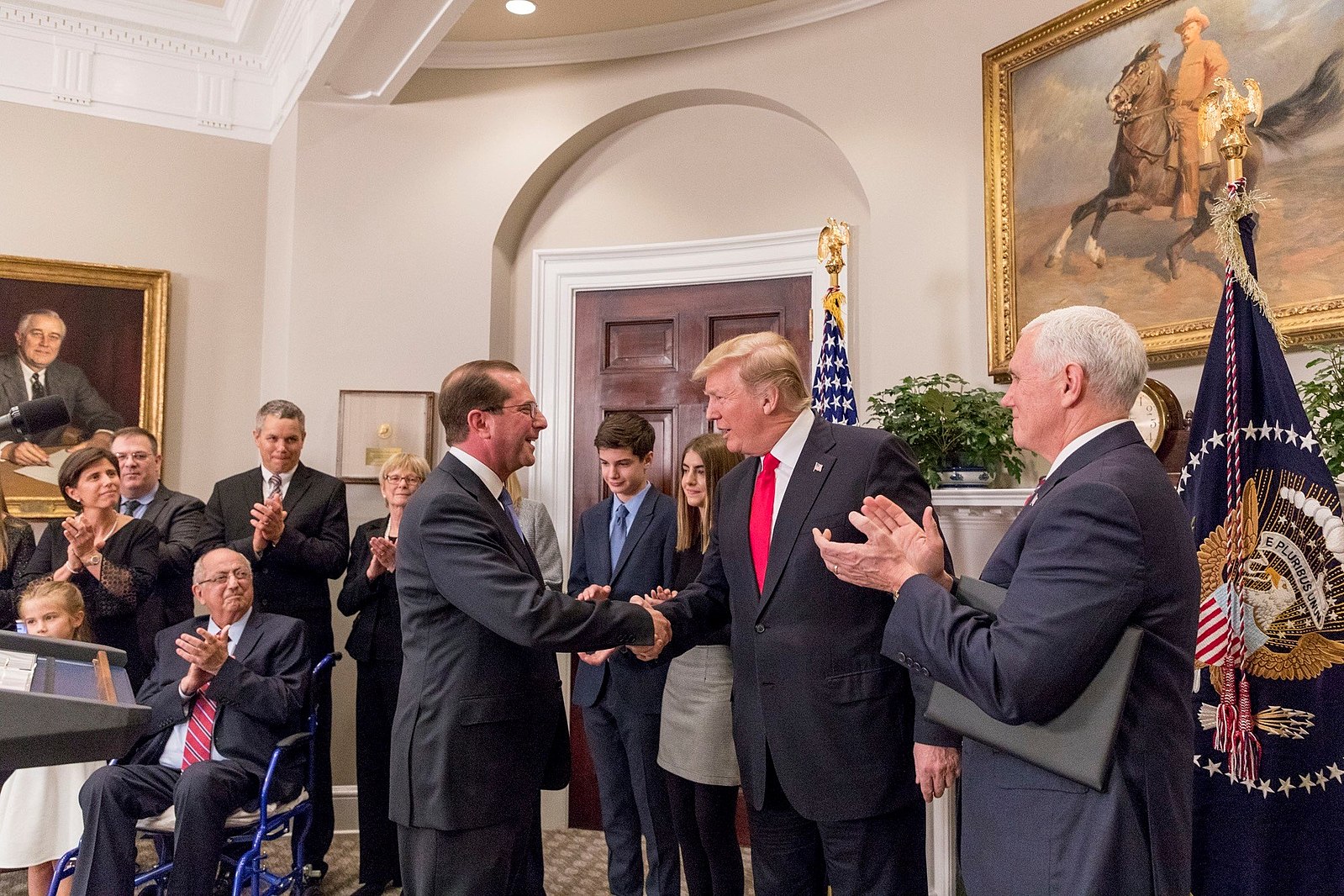A new private-public partnership aims to purge the internet of “unapproved opioid” vendors in the name of ending the so-called “opioid crisis,” despite some drug users finding a safer supply online than on street corners.
Beginning June 8, and lasting for the rest of the summer, three internet services organizations—the for-profit Neustar and Verisign, and the nonprofit Public Interest Registry—have the voluntary power to suspend entire websites that allegedly illegally sell “unapproved opioids” and fail to “adequately” respond to a warning letter issued by the Food and Drug Administration (FDA). Suspension is just one of other “action[s]” that the internet registries might take after reviewing the notification provided to them by the FDA.
Federal agency leaders present the action as a way to help people who use drugs. The pilot “will help save many American lives,” by “remov[ing] a major channel for the sale of illicit opioids” said Secretary Wilbur Ross of the Department of Commerce in a press release. The head of the Department of Health and Human Services, Alex Azar, agreed, adding that it will “help stop the online sale of illicit opioids and combat our country’s deadly addiction crisis.”
In 2019, warning letters, like those that will now be involved in the pilot, were issued to two vendors. In a press release, the FDA explained that it believed its supply-side enforcement to be a proper public health response. “The illicit sale of opioids online is a particularly critical concern as the nature of the epidemic shifts from one where new addiction was primarily formed in the medical setting,” said former Commissioner Scott Gottlieb, “to a crisis where more and more of the new exposure is through illicit drugs. These drugs are often purchased online and received through the mail.”
Harm reductionists and drug users likely disagree with the FDA’s claim that online enforcement will keep people safe. Some purchasers report that products sold online, particularly on the “dark web,” (which is not targeted by the pilot), are of higher quality, and therefore safer, than alternatives sold on the street. This was affirmed by a policy brief by Swansea University researchers, and recently reported by Filter contributor M.L. Lanzillotta. Customer-posted reviews may consitute a form of protection. In the case of non-dark-web vendors, forums like Reddit are still used by potential customers to evaluate their options.
The FDA is skeptical of online vendors’ quality control, however. “Patients who buy prescription drugs, including opioids, from illegal online pharmacies may put their health at risk because the products, while being marketed as authentic, may be counterfeit, contaminated, expired or otherwise unsafe,” an FDA spokesperson told Filter, citing vendors that sell “misbranded and unapproved new drugs, including unapproved tramadol.”
The difference between having a reliably unadulterated bag or not can mean the difference between the life and death, as the current overdose crisis continues to be driven by drugs cut with fentanyl. The pilot claims it aims to save lives by “decreasing exposure to opioids and preventing new addiction” and “supporting the treatment of those with opioid use disorder”—but not by meeting people who use drugs where they’re at, an effective strategy for reducing harm.
Purchasing drugs online additionally allows customers to side-step the risks of interacting with law enforcement when buying in public. Police officers have been shown to use violence in suspected drug sales. Most recently in New York City, two people were attacked by cops who were selectively enforcing social distancing when one officer reportedly spied one of the victim’s bag of weed. In that incident, a bystander was assaulted by an officer, pinned to the ground at his neck by the officer’s knee—the same tactic that resulted in the death of George Floyd.
The FDA is well aware that online purchases may prevent such interactions. “Rogue online pharmacies, drug dealers and others continue to use the internet to illegally promote and sell opioids, where the risk of detection and repercussions is significantly reduced,” stated its 2019 press release. Yet the FDA does not seem to recognize the potential harms of such crackdowns. Instead, the agency encourages them, by “taking action against those who contribute to the illegal sale and importation of unapproved opioids.”
The legal-related harms of online drug purchases that the FDA spokesperson did note included “credit card fraud, identity theft and computer viruses.”
The FDA plans to restrict the program to opioids, for now. After 120 days, the pilot will end and be evaluated.
Photograph of Alex Azar shaking hands with Donald Trump by Joyce N. Boghosian via The White House





Show Comments